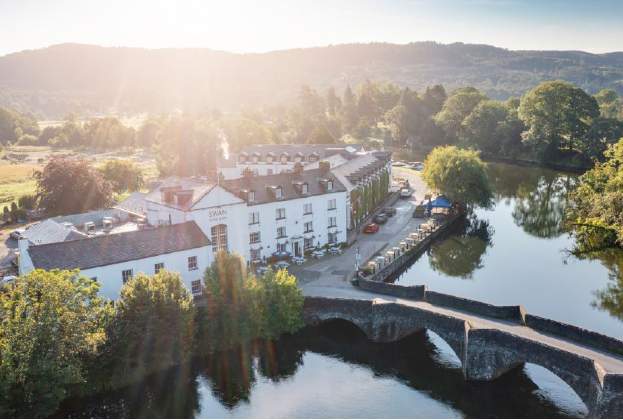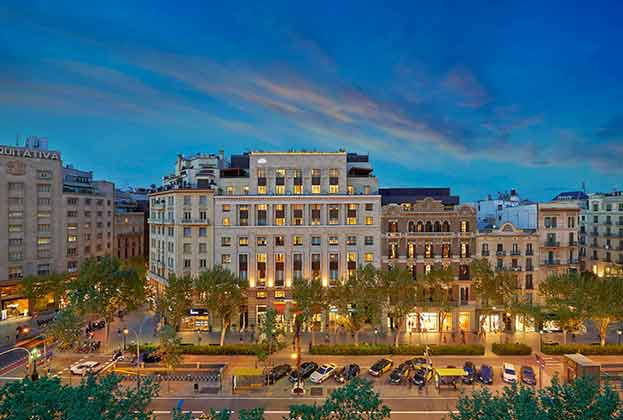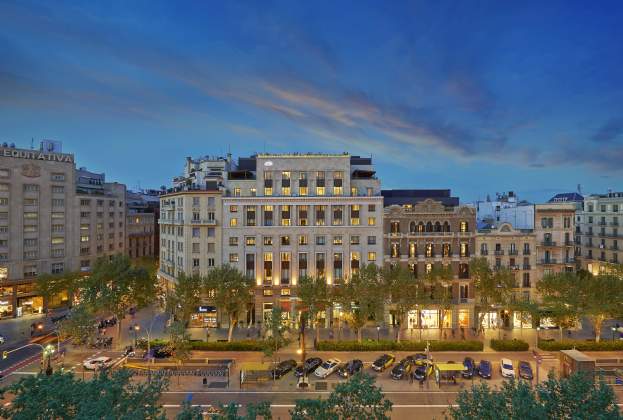It has now been a month since hotels began to tentatively re-open their doors during the most challenging economic conditions in a generation. At this stage, in the first week of August, around half of all UK hotels remain closed. Many operators will be evaluating whether it will be viable to re-open in the coming months and looking for solutions if their hotel businesses are no longer commercially viable.
Many hoteliers adapted quickly during the crisis, providing temporary accommodation to key workers or by becoming ‘homeless hotels’. Government support schemes and bank repayment holidays have provided vital aid and have kept hotel businesses across the country afloat.
However, with the furlough scheme due to end in October and further travel/social distancing restrictions driven by fears of a second wave of the virus, inevitably there will be some hotels which may fail to survive to the end of 2020.
As it was with the Global Financial Crisis, while the immediate outlook may appear bleak, adversity can also provide a driver for renewal.
With recent government initiatives regarding change of use due to take effect in September 2020, exploring alternative use solutions could prove compelling for many owners of hotels or fixed-charge receivers.
It is clear that the Government intends to make quite sweeping changes to the planning system which has started with a shake-up of the arguably outdated Use Classes Order to create more flexibility to move between uses without needing full planning permission.
Certain uses that are seen as the life blood of a community are protected but many commercial and service uses have been given increased free rein for change. The hotel and residential use classes have not changed in this shake-up. However, behind a lot of this new narrative is finding further ways to build more homes and address the housing situation in the country and a move to a system that seeks growth and renewal to help create the places people need.
The format of hotel buildings means the real estate naturally lends itself to a number of alternative uses. For many hotels, particularly purpose-built hotels, conversion to healthcare, residential or student use classes can be relatively seamless and in some cases inexpensive.
While some landlords/owners will be hesitant to change the use of their hotels indefinitely, there are less robust measures available to operate these assets more proficiently in the short-term.
Operating the property within the same Use Class but utilising ancillary functions could enable landlords and owners to increase short-term cash flow. Conversely, the option to apply for a change of use from C1 to state-funded schools or registered nurseries via permitted development rights may provide hotel owners with additional options.
In locations where hotel demand is stronger there will be opportunities to convert redundant department stores and office buildings. This has been demonstrated to good effect in recent plans in Edinburgh to convert a former Debenhams and the former Jenners House of Fraser department stores into luxury hotel-led schemes.
With the inherent product similarities between hotels and other use-classes, particularly healthcare, coupled with likely short-term challenges for the hospitality industry, the repurposing of hotels to alternative uses could be a solution to revitalise cash flow and utilise existing buildings.
Further information
.jpg)


.jpg)
.jpg)





